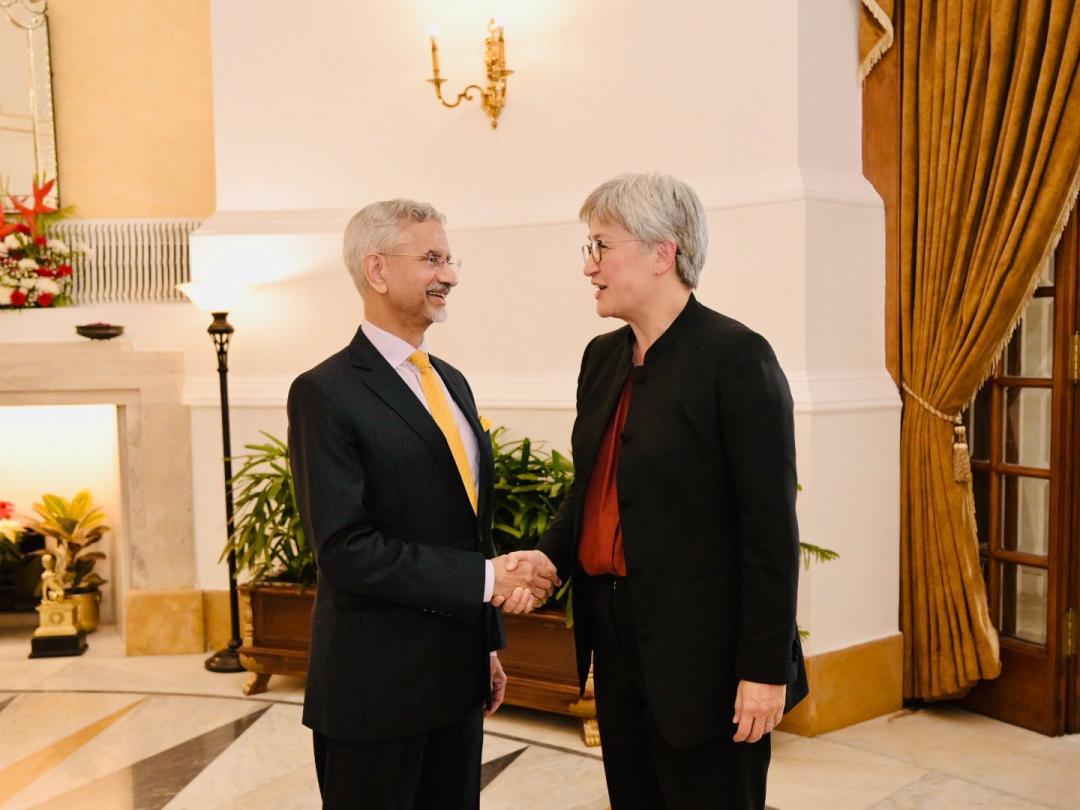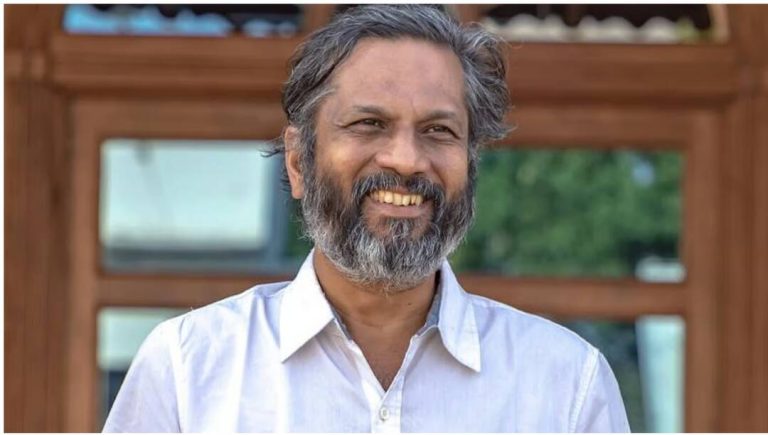
You’ve beaten us in both Men’s & Women’s Cricket,’ Australia leader jokes with Jaishankar
In a lighthearted moment during a meeting between two of the world’s most prominent diplomats, Australia’s Foreign Minister Penny Wong met with India’s External Affairs Minister S Jaishankar and couldn’t resist taking a jab at the recent cricketing rivalry between their two nations. With a smile, Wong joked, “You’ve beaten us in both Men’s and Women’s Cricket.” This comment came after a series of significant cricketing victories by India over Australia in both the men’s and women’s games.
Wong’s remark was made in a meeting where she noted that Jaishankar is the minister she has met most in her current role, highlighting the strong diplomatic ties between Australia and India. The comment was particularly timely, given the recent outcomes in international cricket. In October, the Indian women’s cricket team made history by defeating Australia in the semifinal of the 2025 Women’s World Cup, marking a significant milestone for women’s cricket in India. This victory not only showcased the talent and dedication of the Indian team but also underscored the growing competitiveness of women’s cricket on the global stage.
Furthermore, in November, the Indian men’s team continued this trend of success by winning a T20I series against Australia. This series was closely watched and highly competitive, with both teams displaying exceptional skill and determination. The Indian team’s victory was a testament to their hard work, strategy, and teamwork, and it marked another chapter in the ongoing cricketing rivalry between India and Australia.
The joke by Penny Wong reflects the sporting spirit and camaraderie that exists between nations, even in the context of fierce competition. It highlights how sports, particularly cricket in this case, can serve as a common ground for dialogue and friendship between countries. The ability to laugh at one’s losses and acknowledge the victories of others is a hallmark of healthy international relations and sporting etiquette.
The meeting between Wong and Jaishankar also underscores the depth of diplomatic engagement between Australia and India. The frequency of their meetings, as noted by Wong, indicates a high level of cooperation and communication between the two nations on various fronts, including strategic, economic, and cultural areas. This relationship is built on mutual respect, trust, and a shared vision for a more stable and prosperous world.
In the context of cricket, the victories of the Indian teams, both men’s and women’s, over their Australian counterparts, symbolize more than just sporting achievements. They represent the culmination of years of hard work, investment in cricket infrastructure, and the nurturing of talent in India. The success of Indian cricket is also a source of national pride, reflecting the country’s growing influence and competitiveness on the global stage.
For Australia, the losses, while disappointing, are part of the competitive cycle of sports. They serve as a motivation to regroup, reassess strategies, and come back stronger in future competitions. The Australian teams are known for their resilience and competitive spirit, and it is expected that they will return to the field with renewed determination.
The exchange between Penny Wong and S Jaishankar, initiated by a humorous comment about cricket, encapsulates the broader spirit of friendship and sportsmanship that defines the relationship between Australia and India. It shows that even in the midst of intense competition, there is room for humor, respect, and admiration for each other’s achievements.
As the world of cricket continues to evolve, with new talents emerging and existing ones battling for supremacy, the rivalry between India and Australia is set to remain one of the most compelling storylines. The victories and defeats will continue to be celebrated and mourned, but it is the spirit of the game, exemplified by moments like Wong’s joke, that truly captures the essence of sports as a unifying force between nations.
In conclusion, the lighthearted comment by Australia’s Foreign Minister Penny Wong to India’s EAM S Jaishankar about being beaten in both men’s and women’s cricket reflects the amicable and competitive nature of the relationship between the two countries. It highlights how sports can bring nations together, even as they compete fiercely on the field. The victories of the Indian teams are a testament to their hard work and dedication, and the response from Australia demonstrates a willingness to acknowledge and respect these achievements, all while looking forward to the next challenge.






